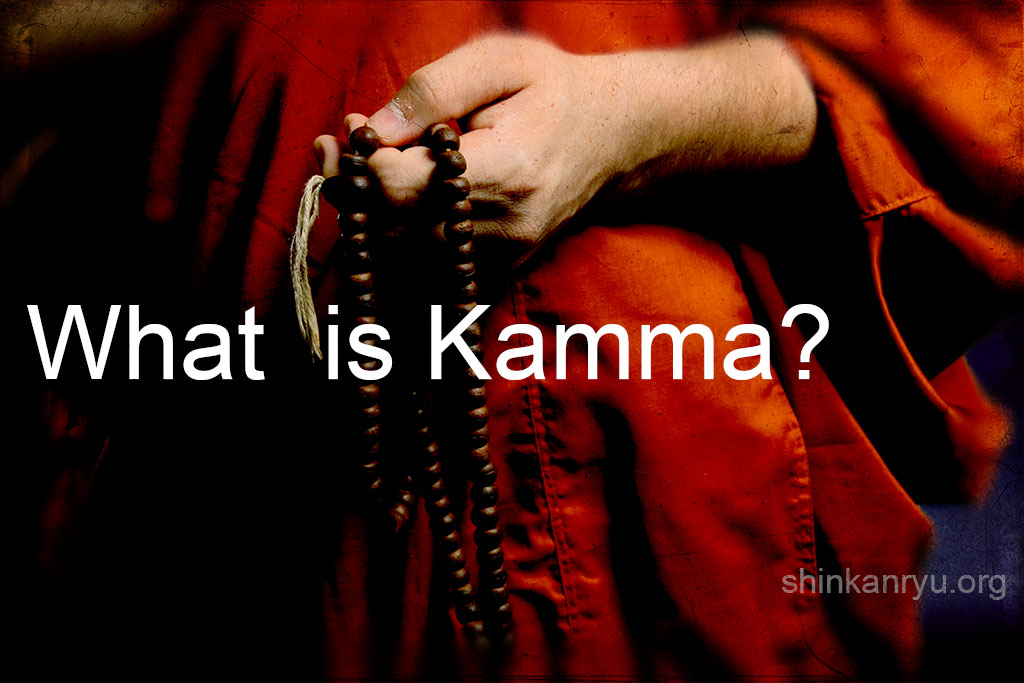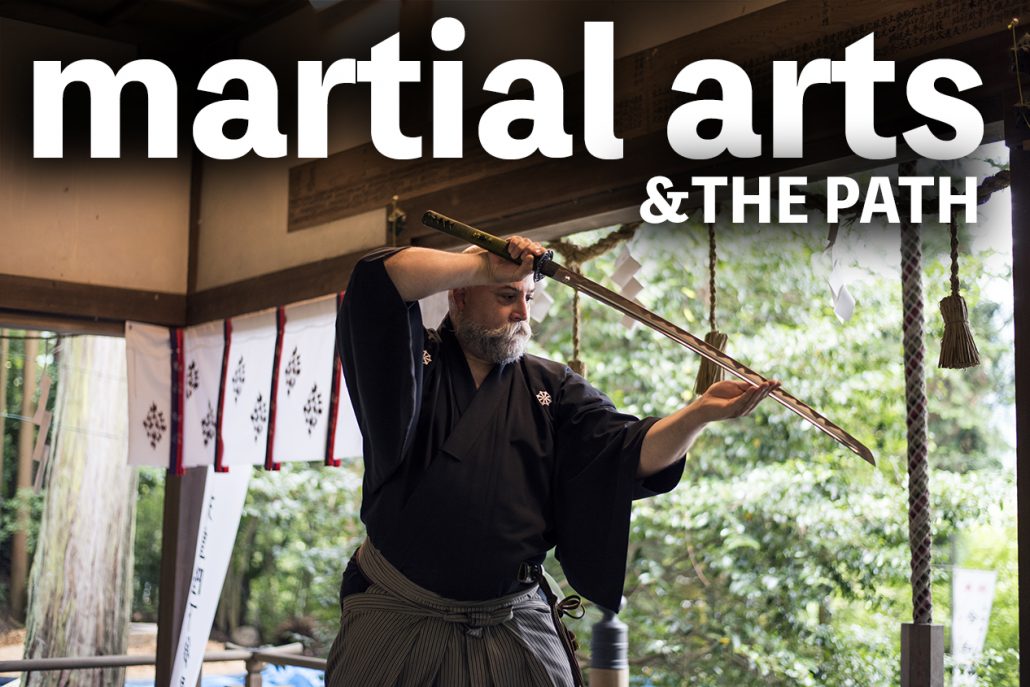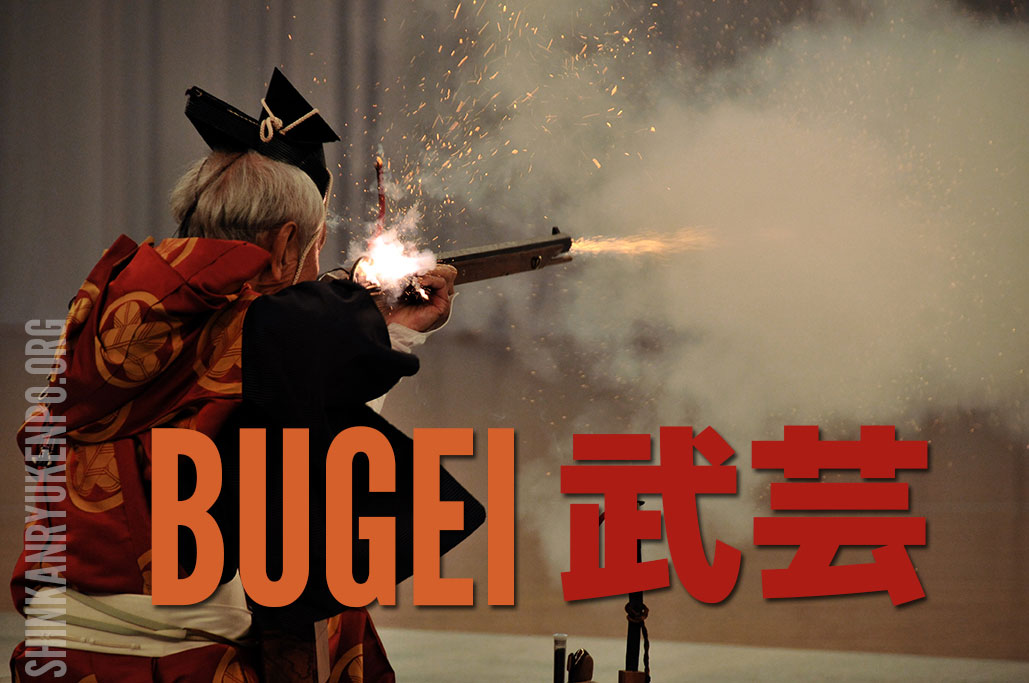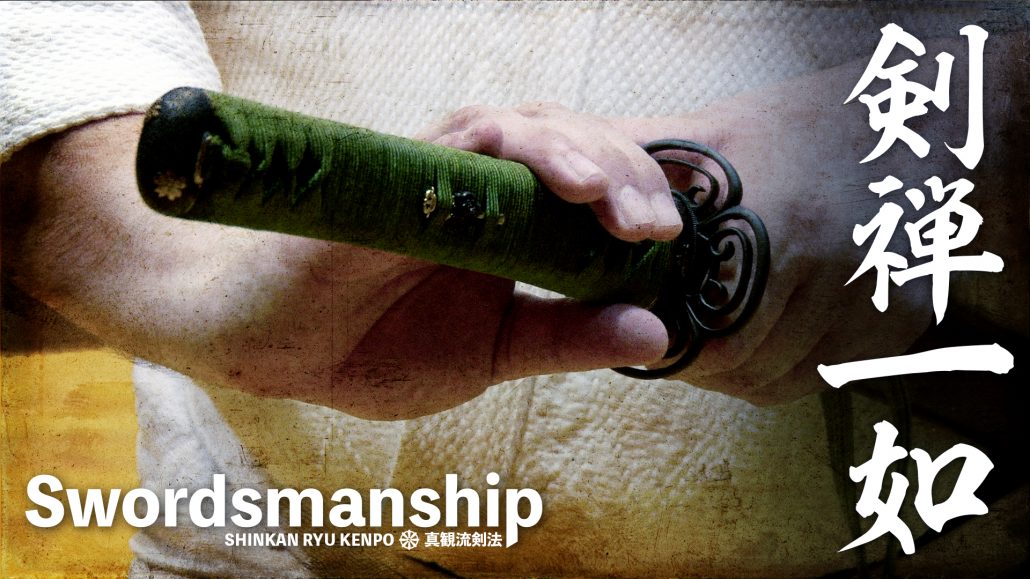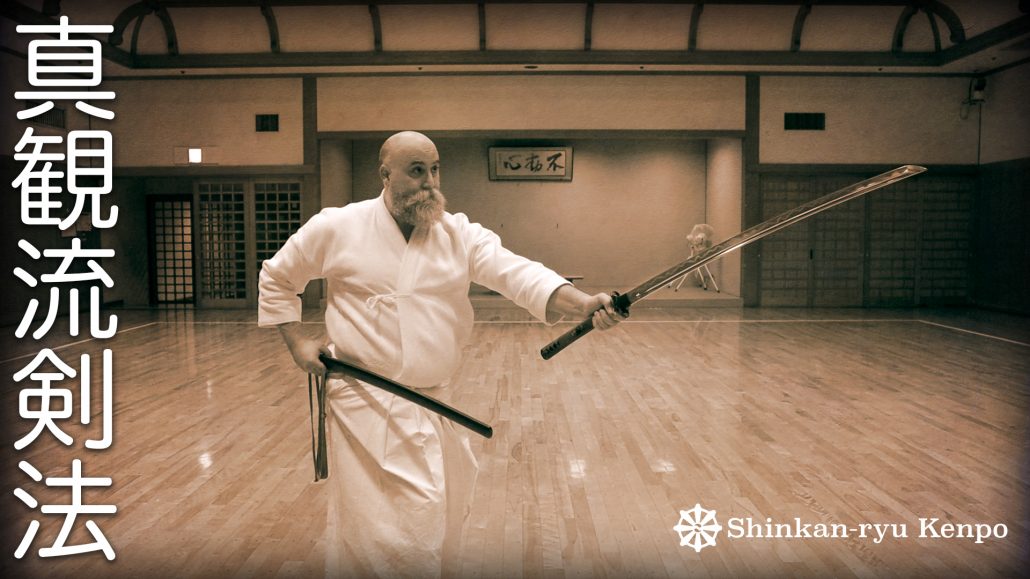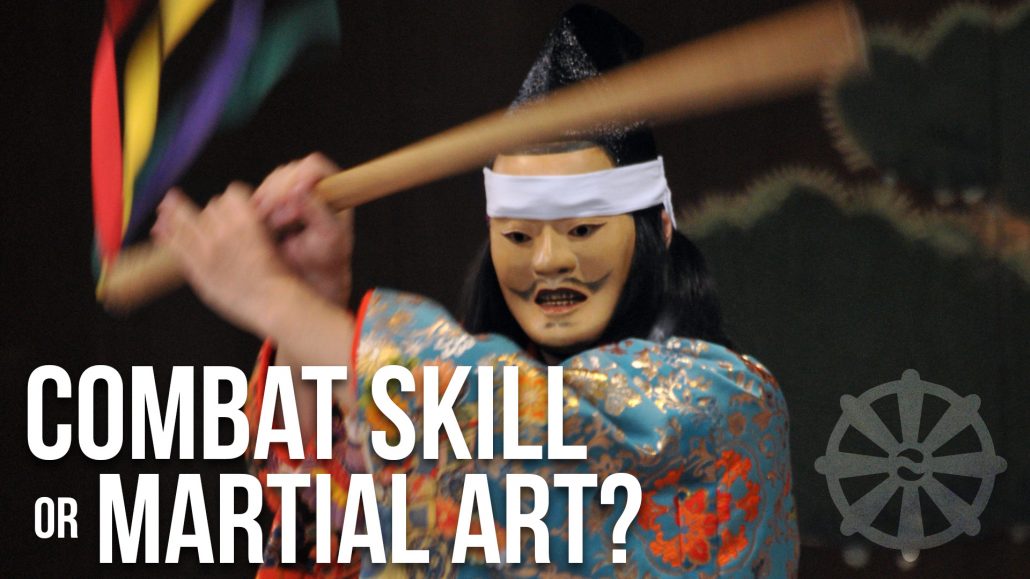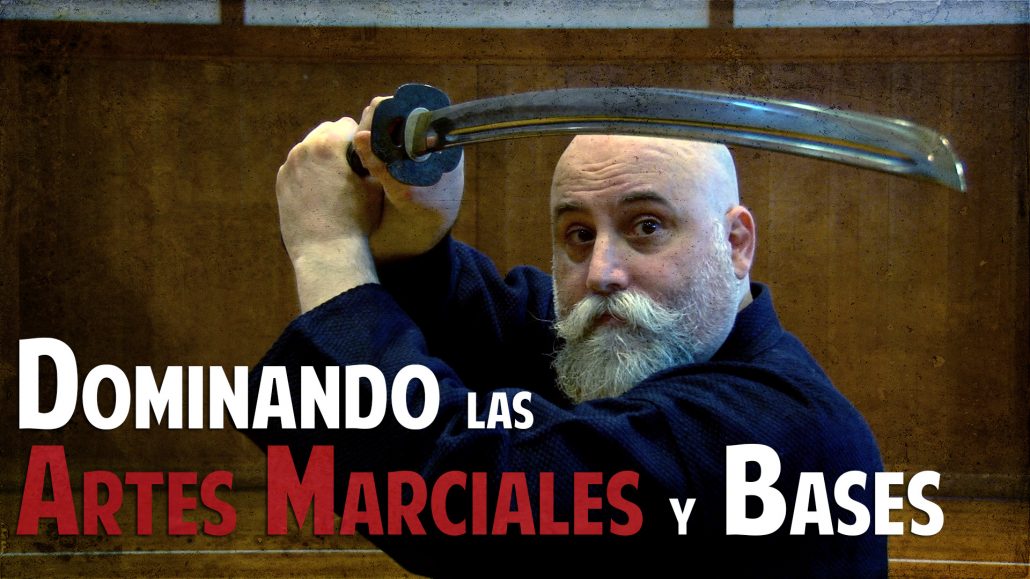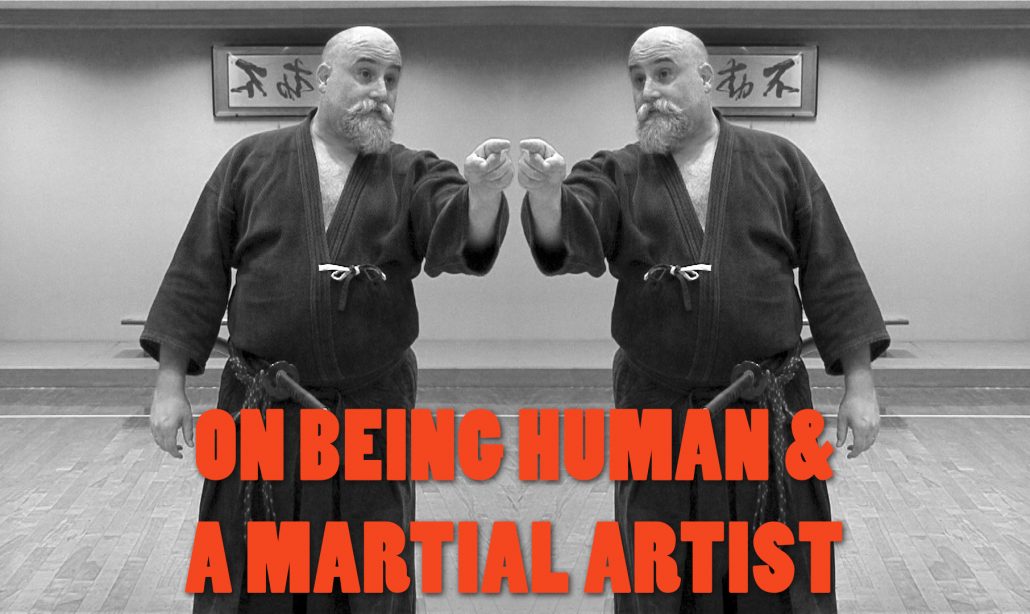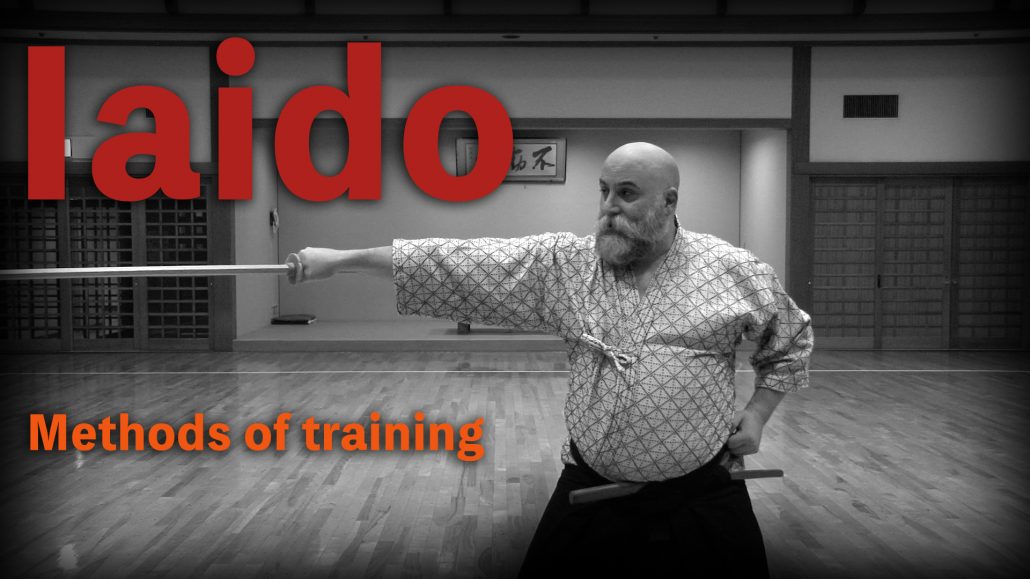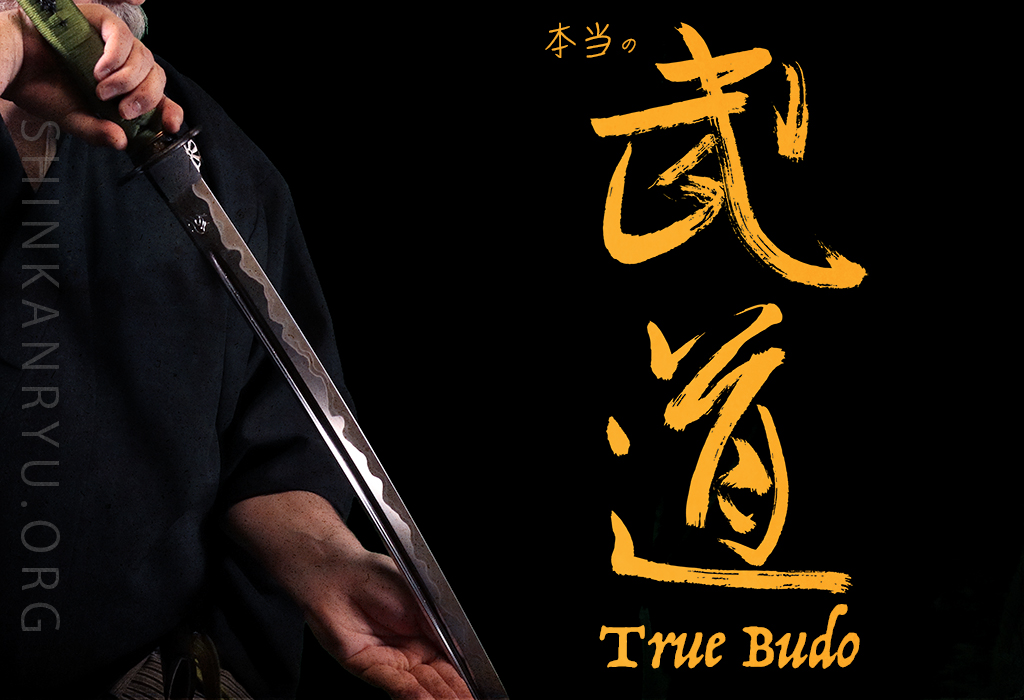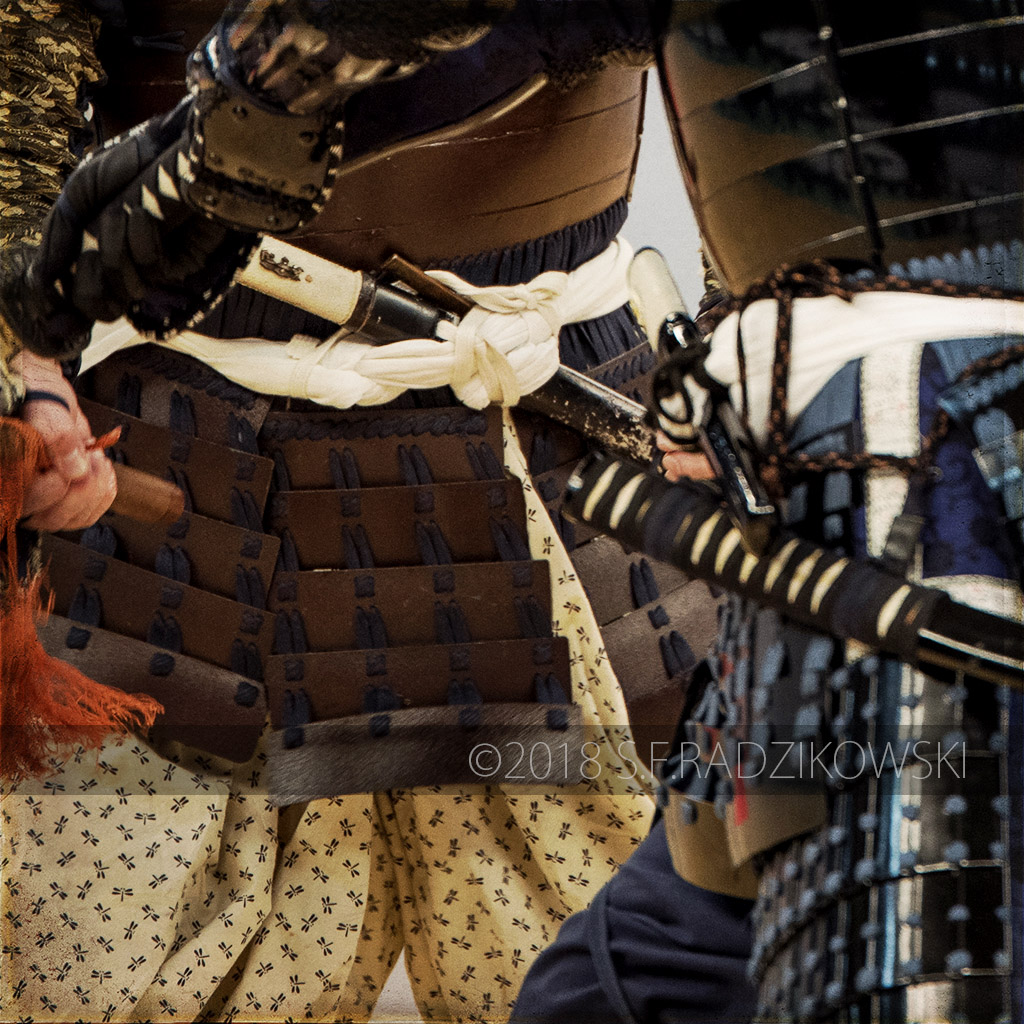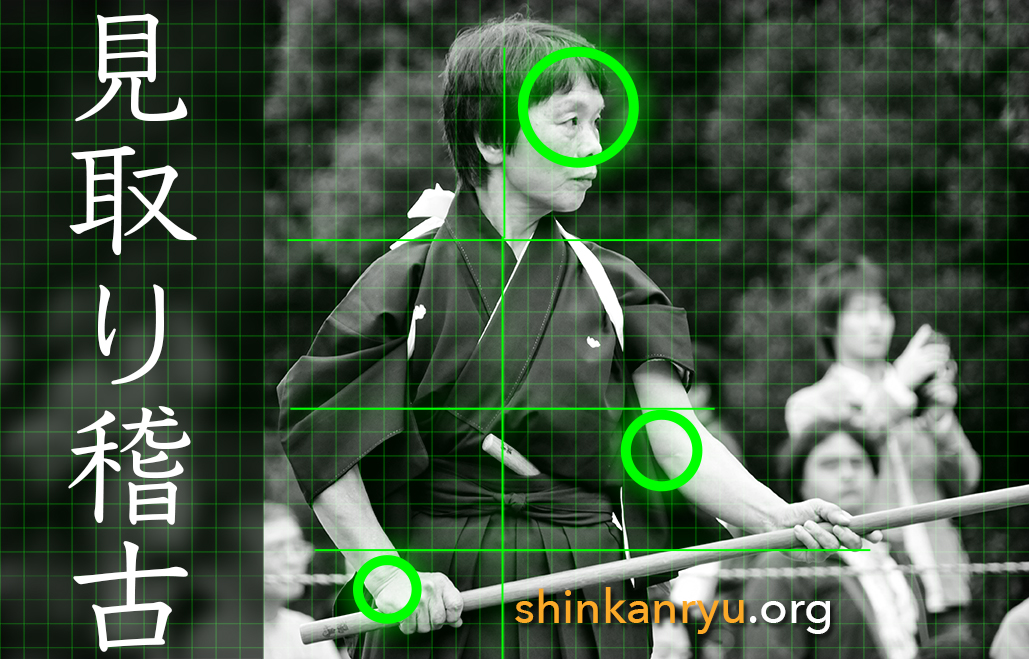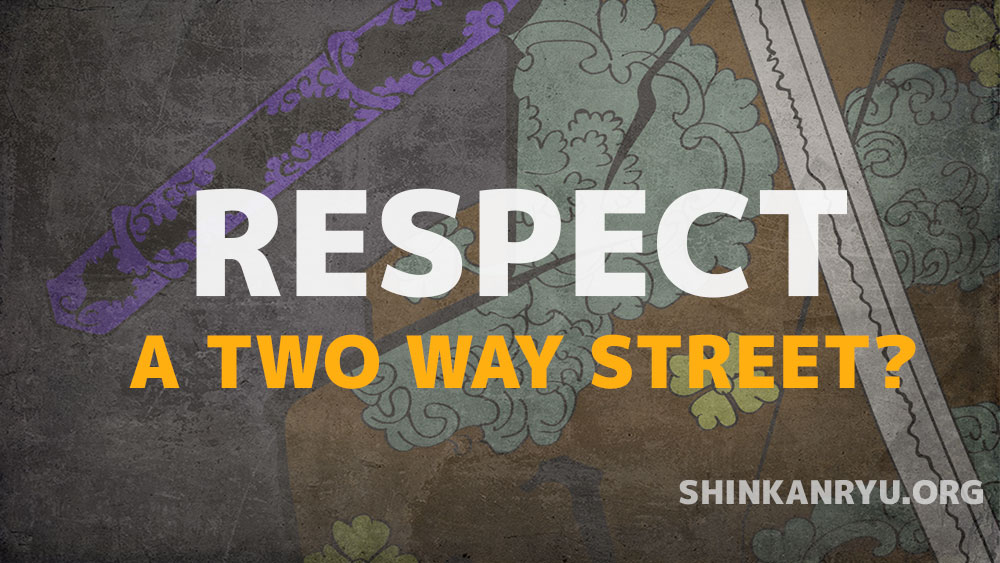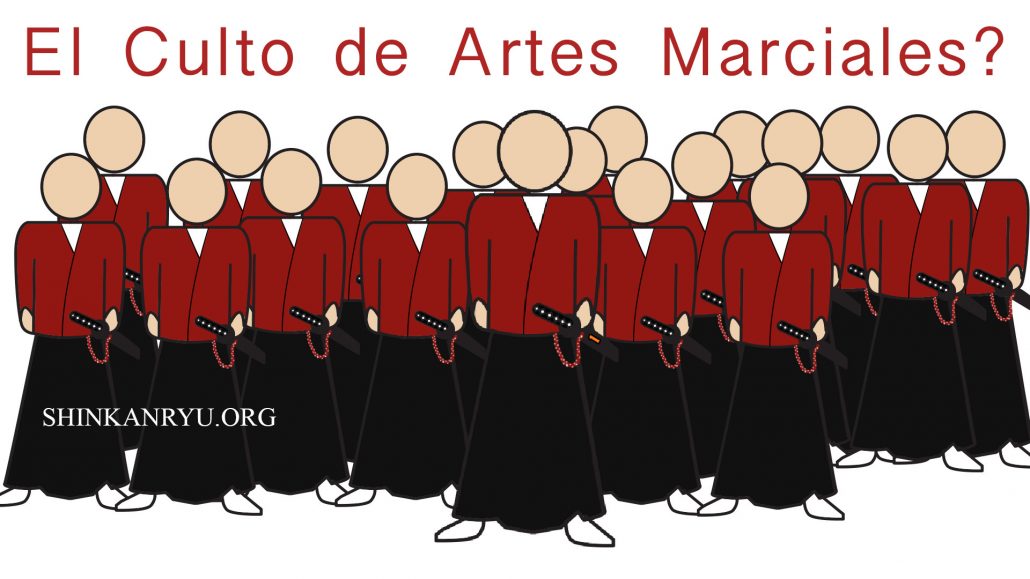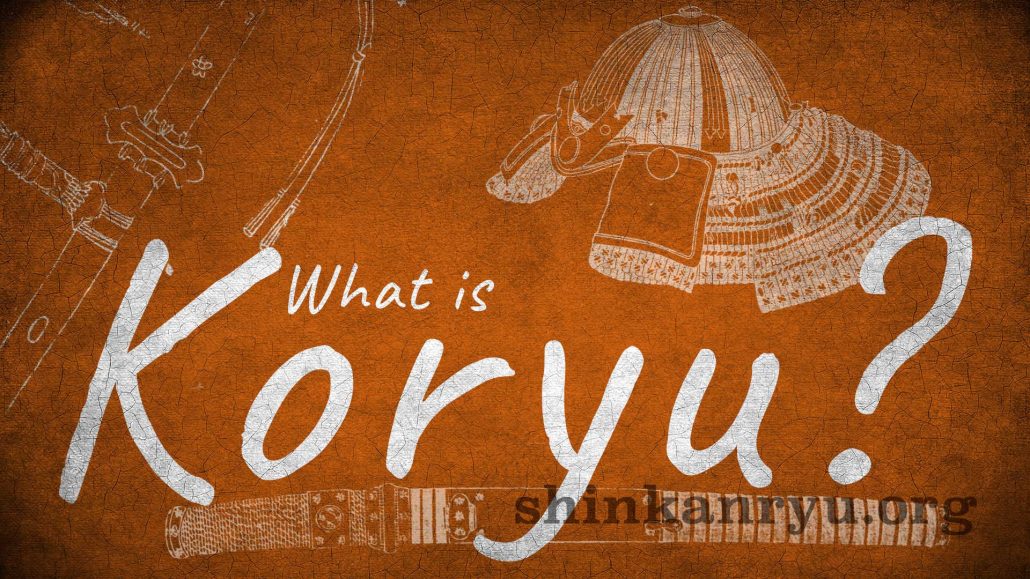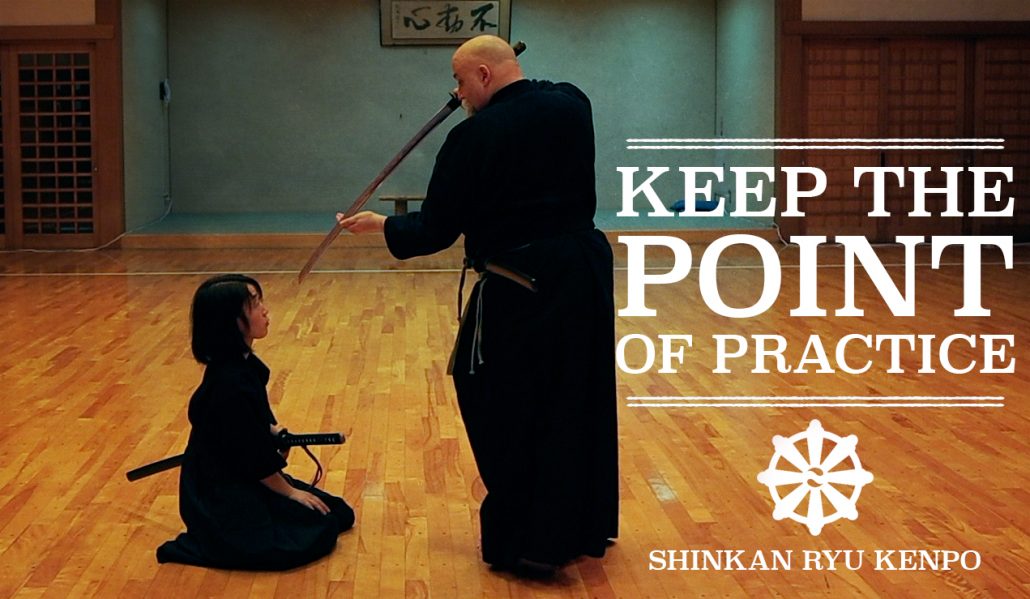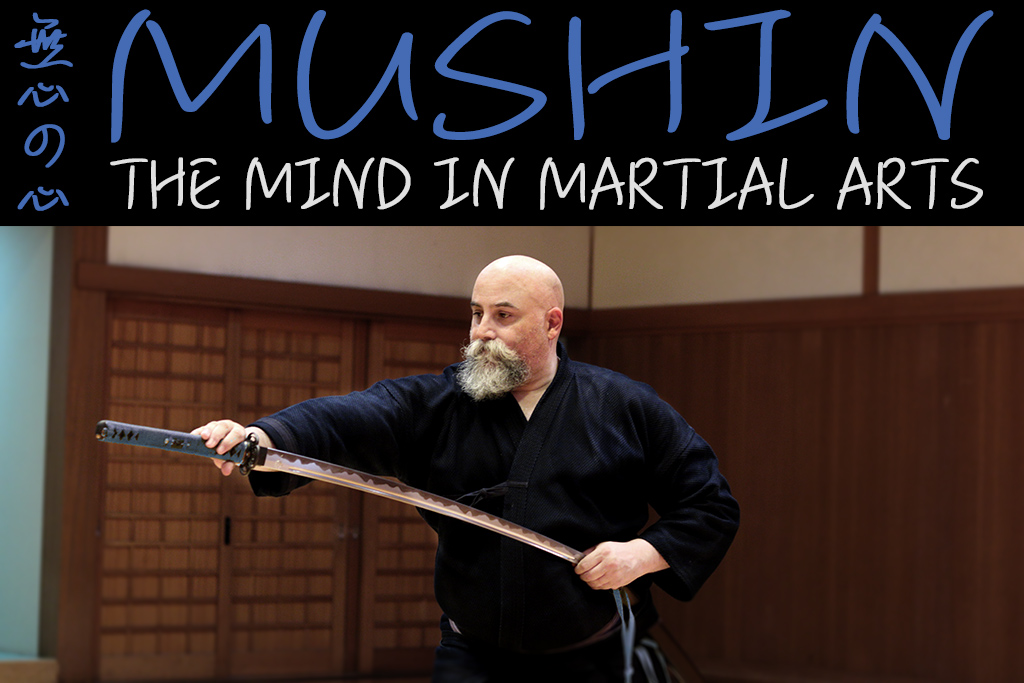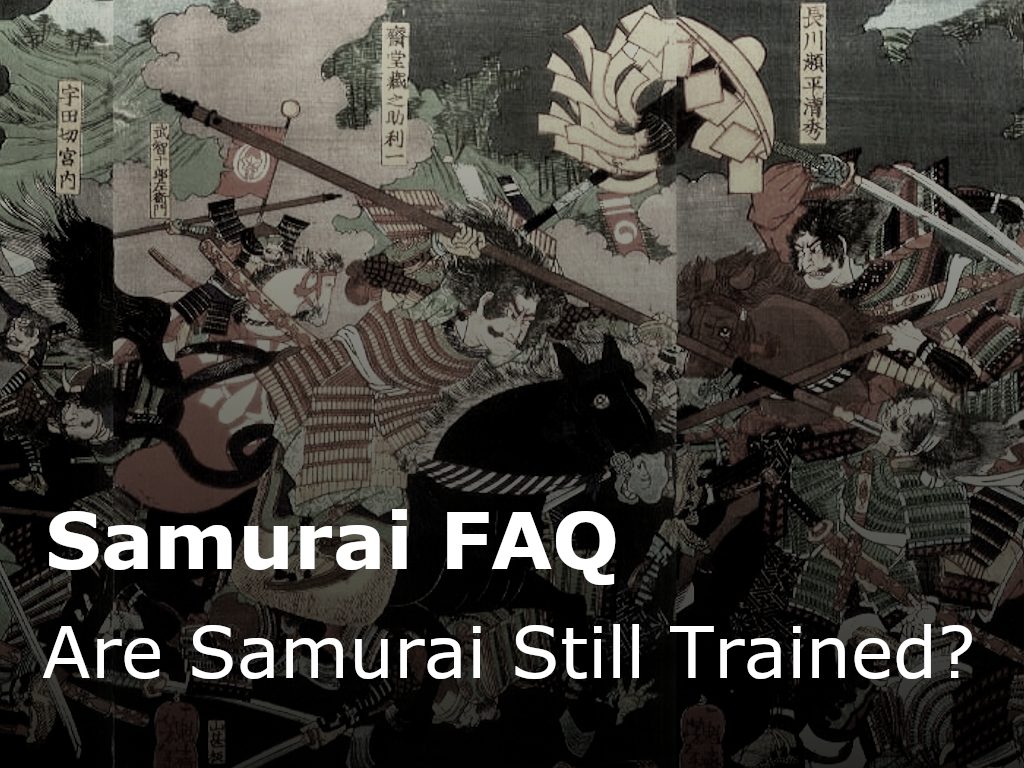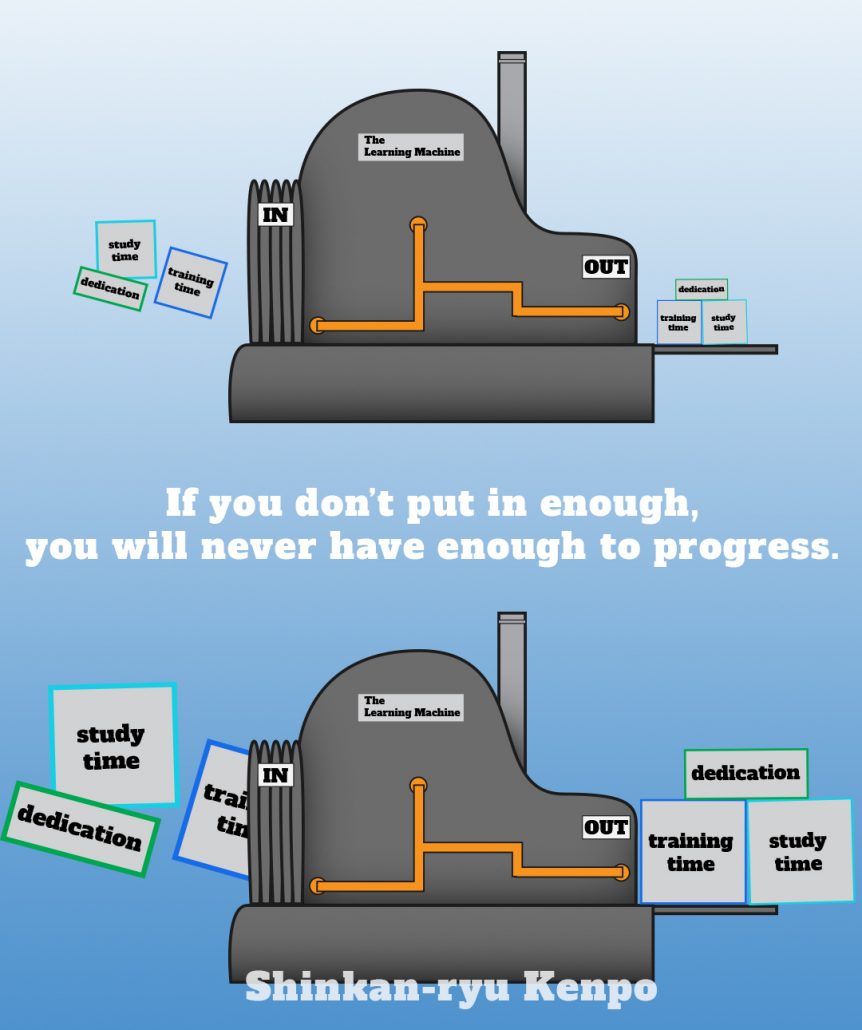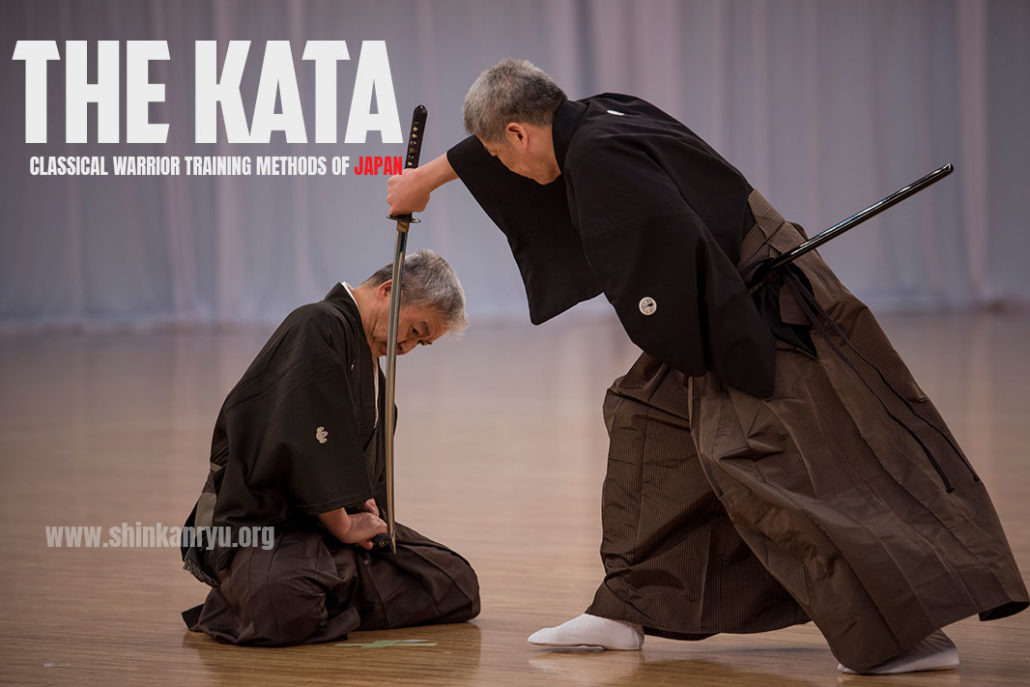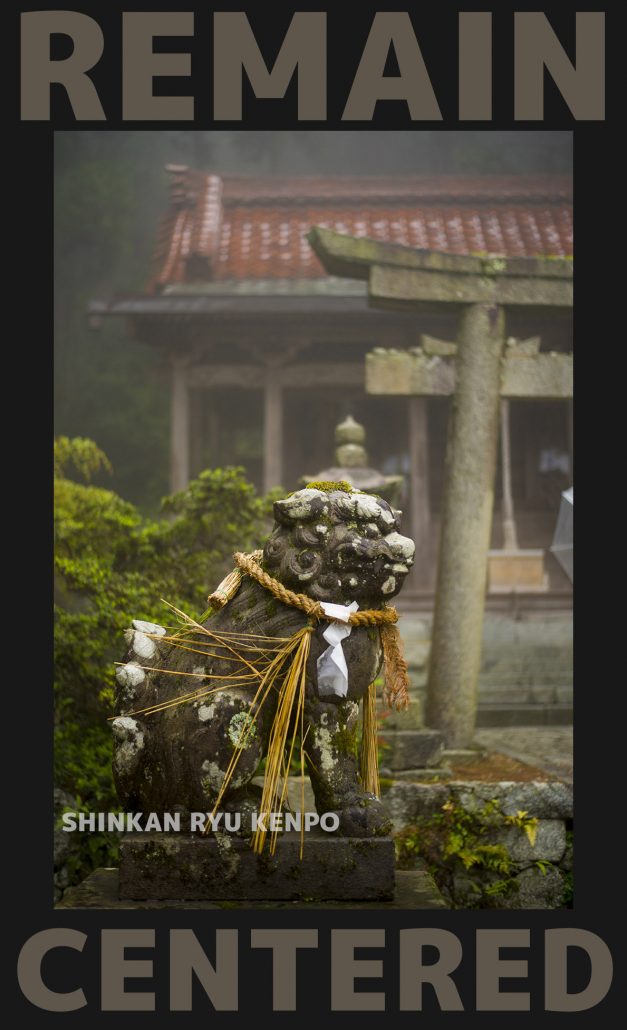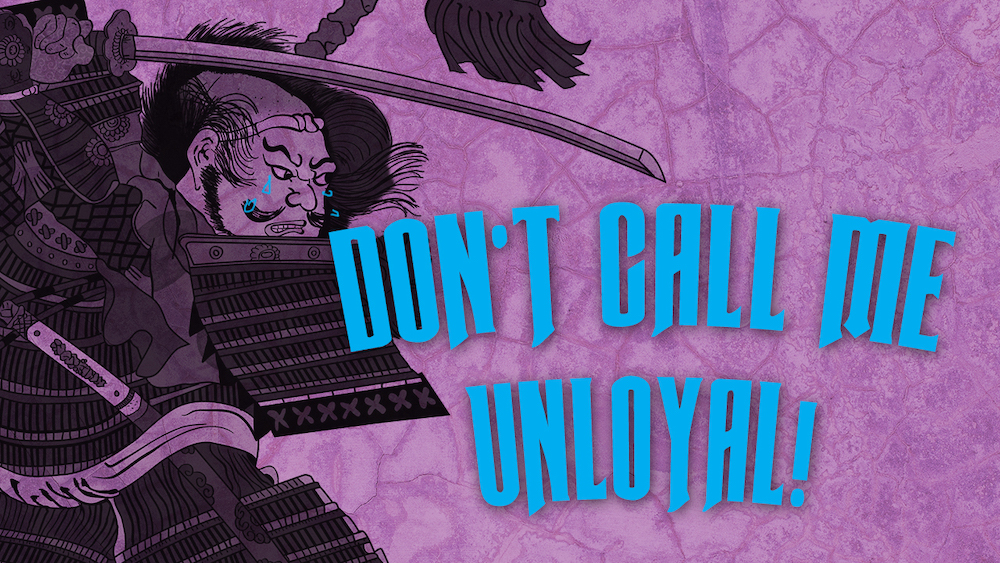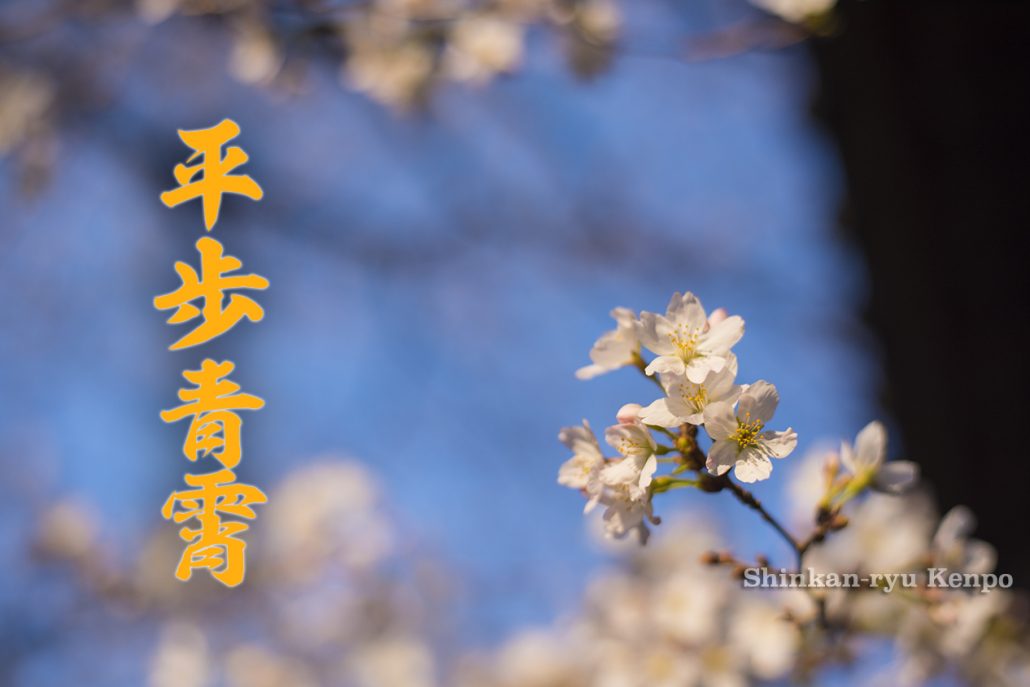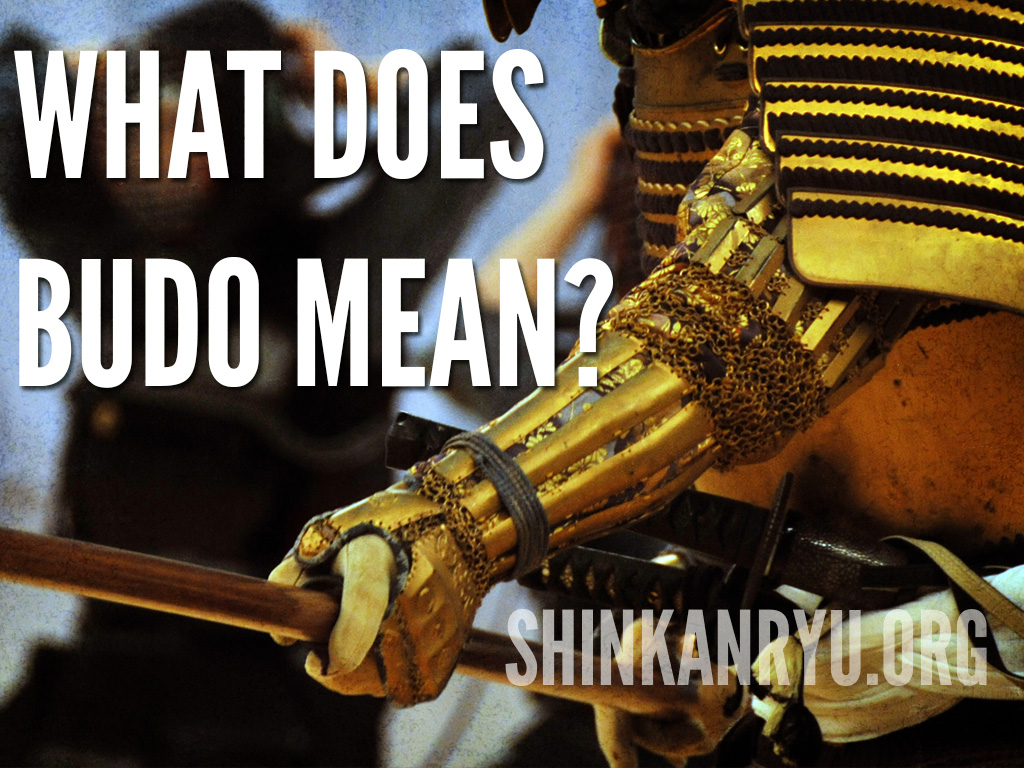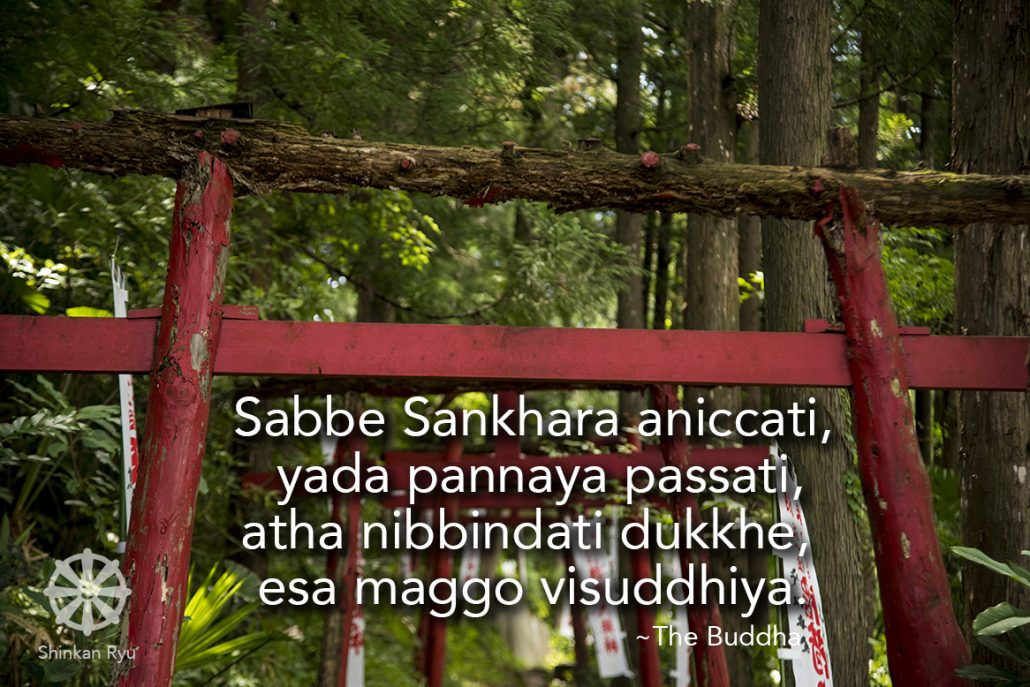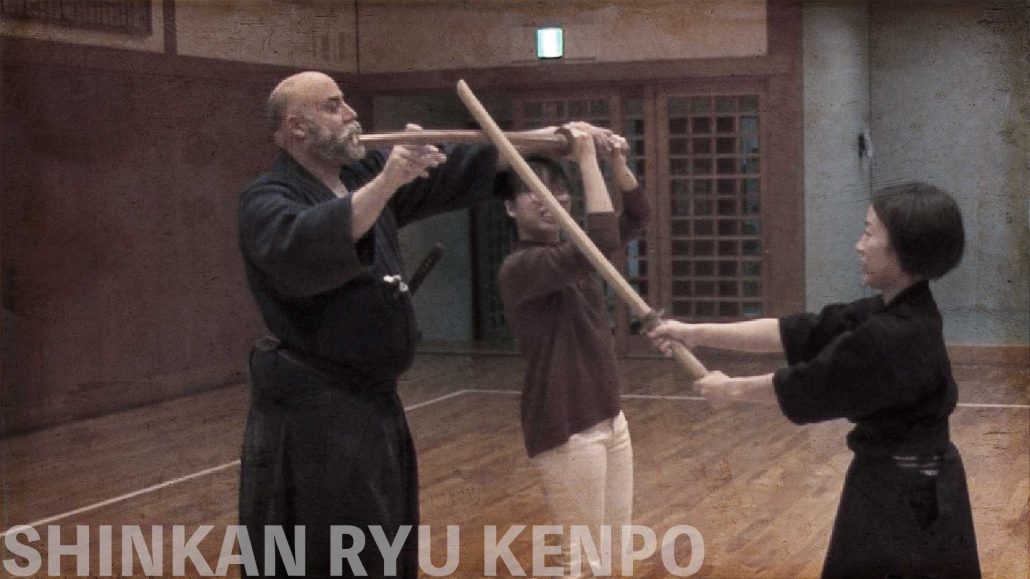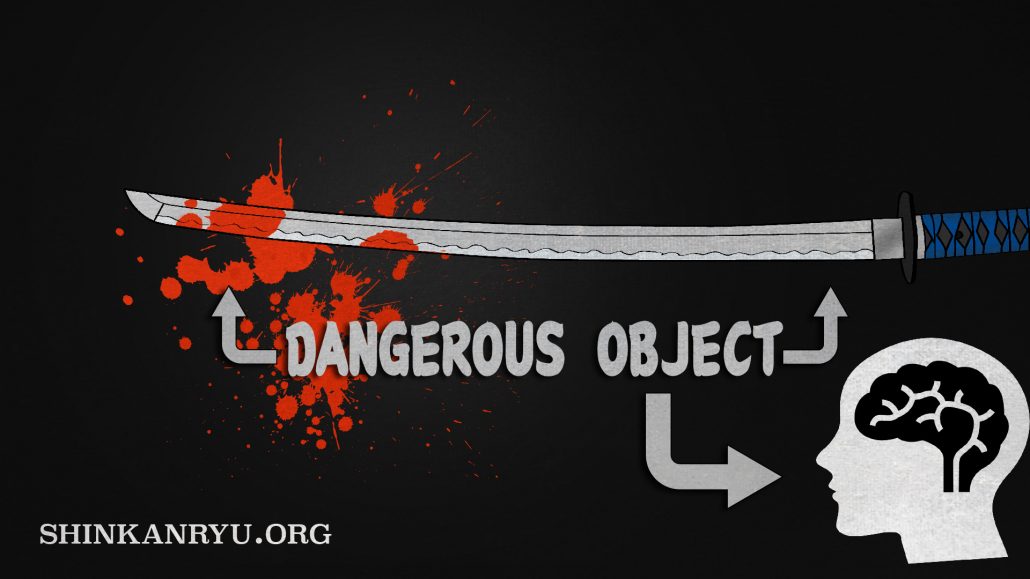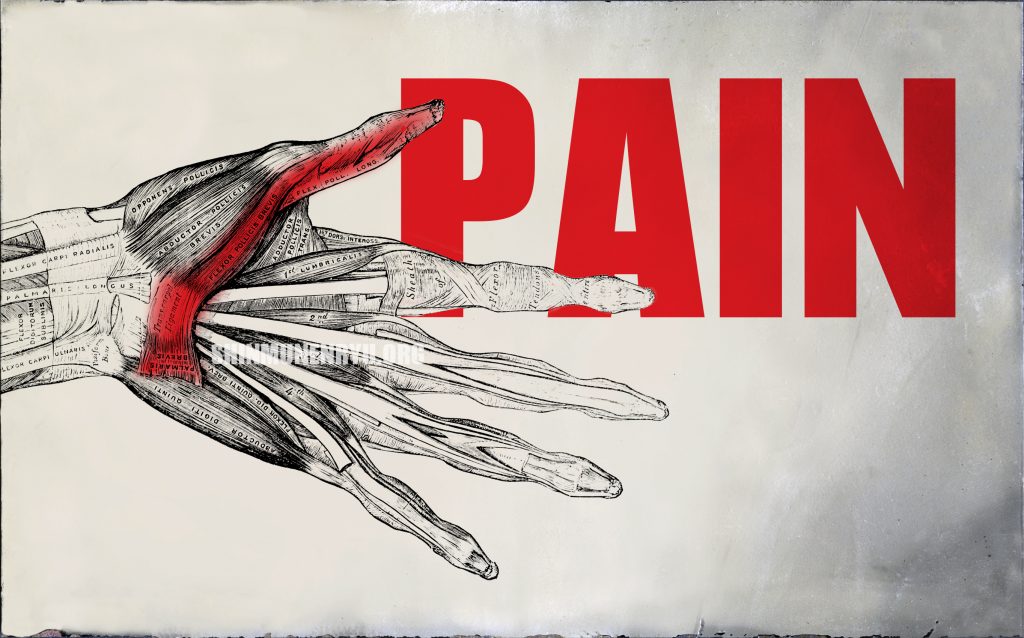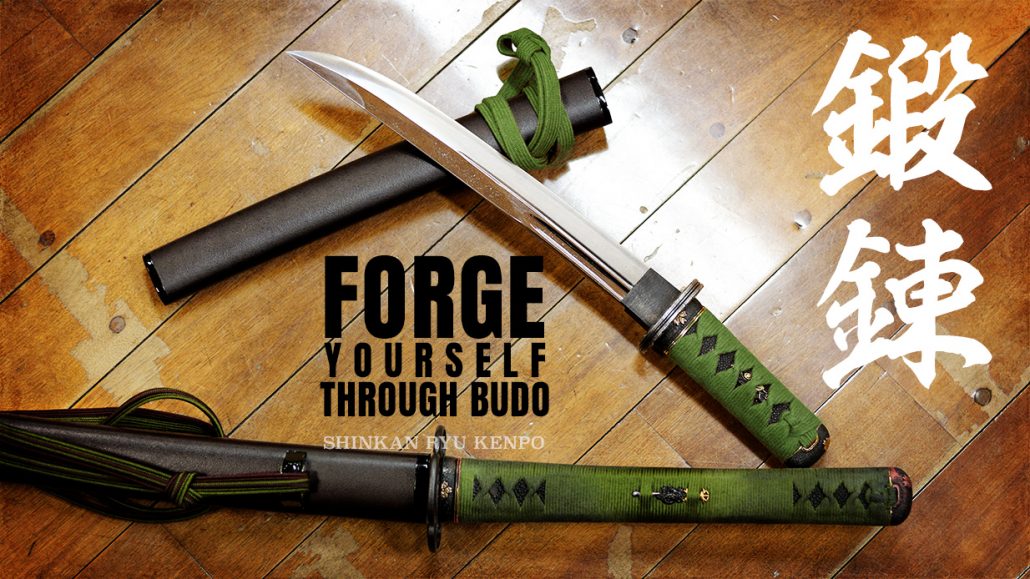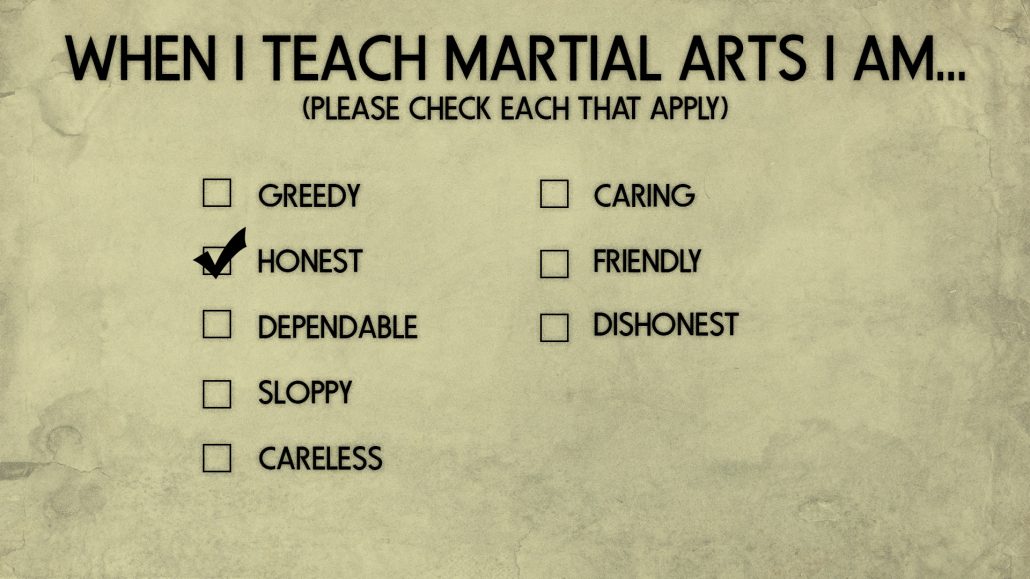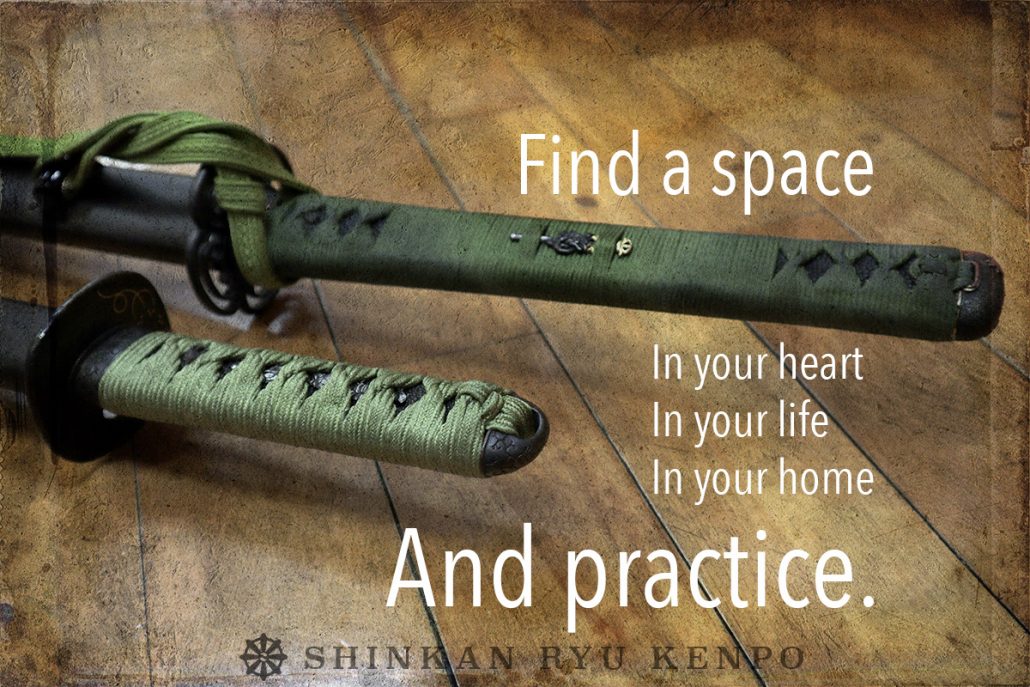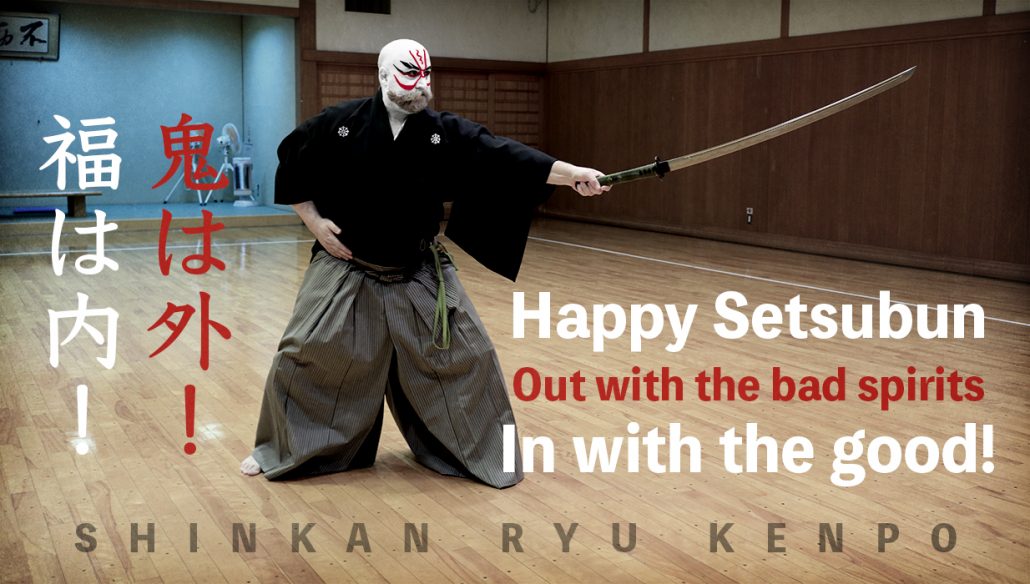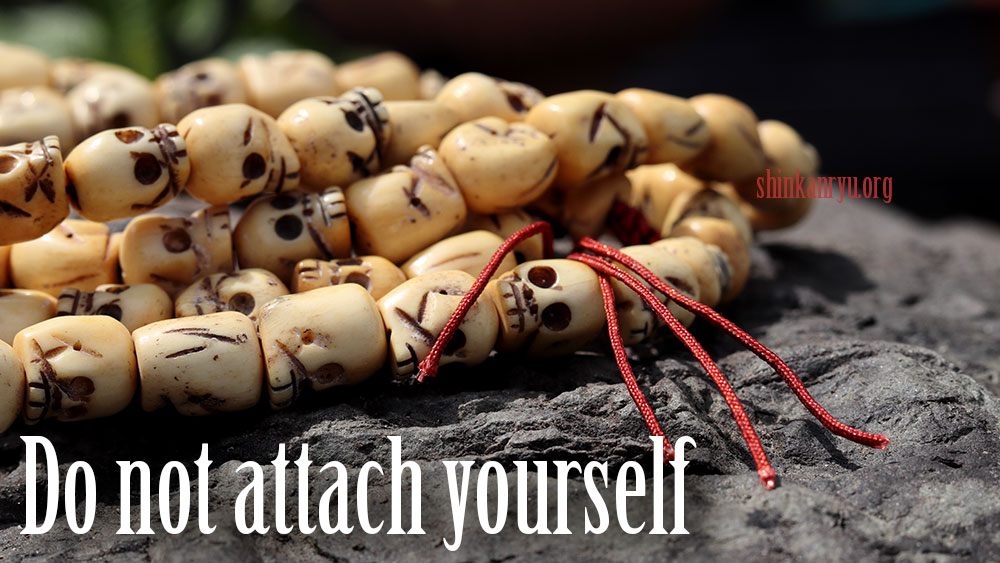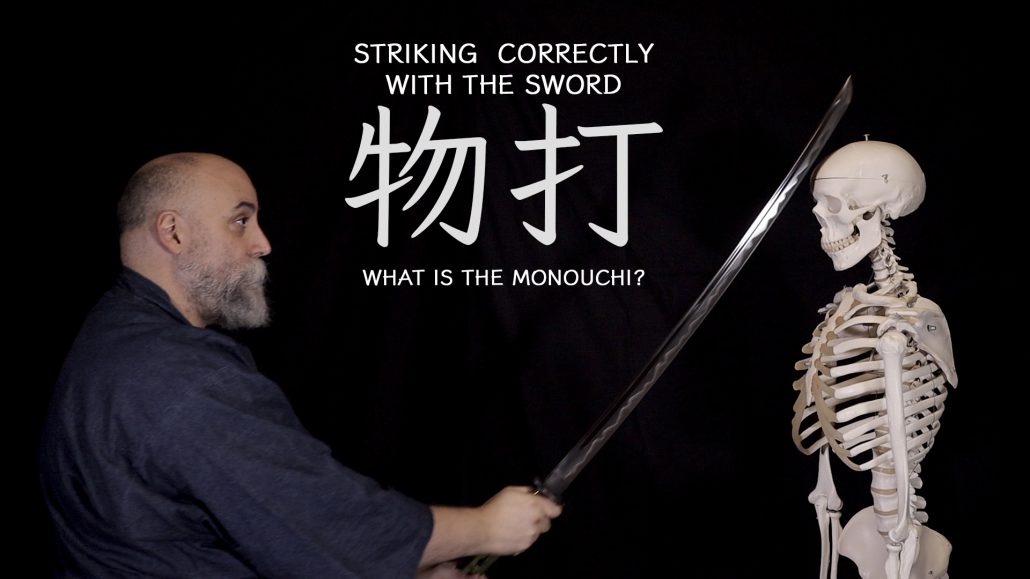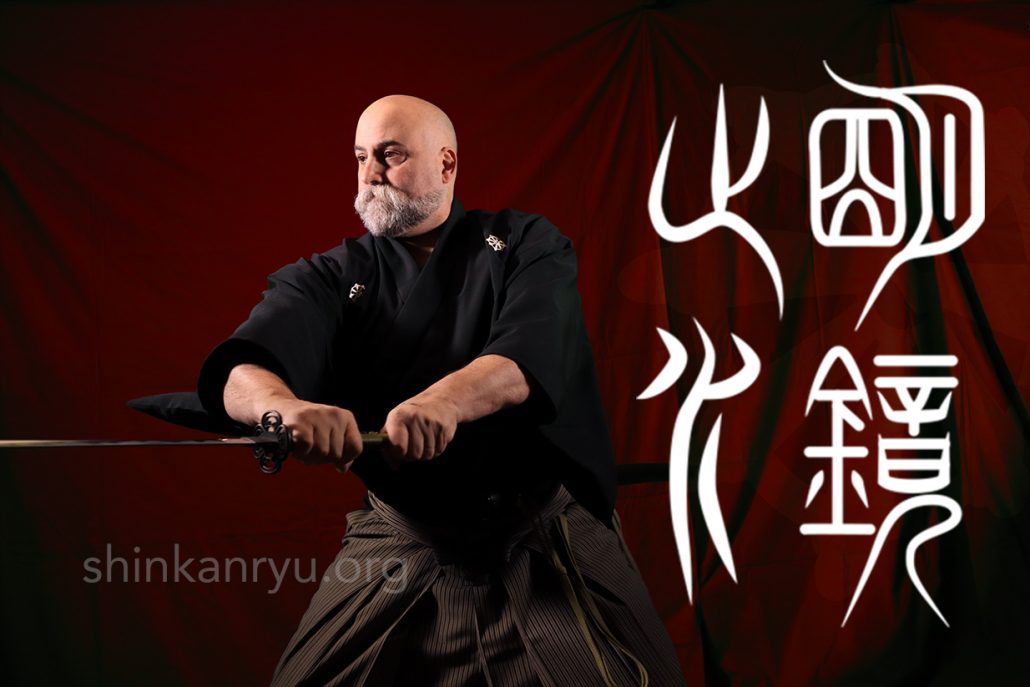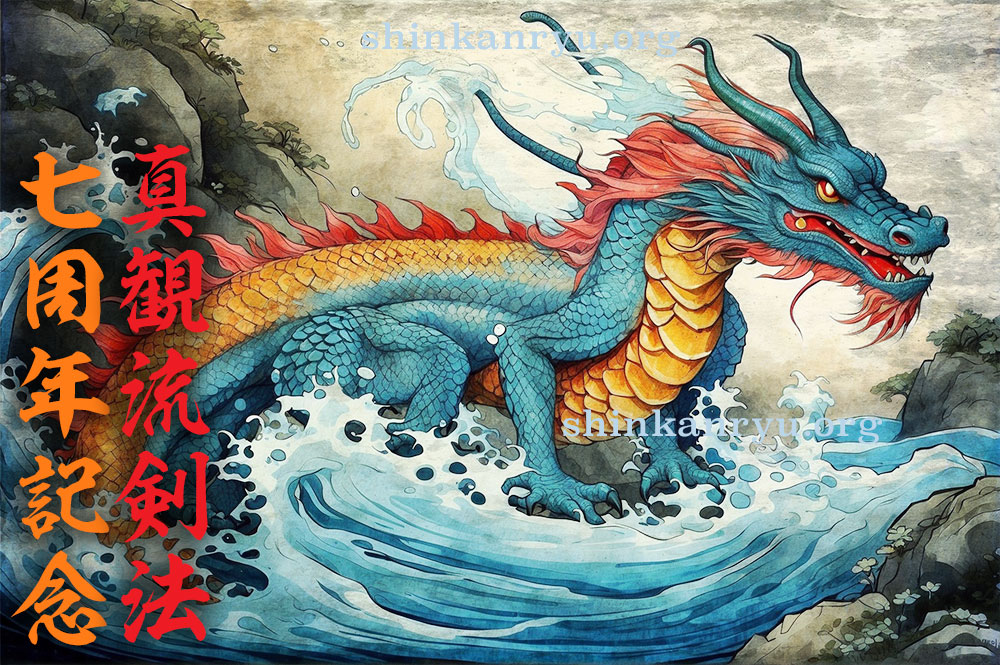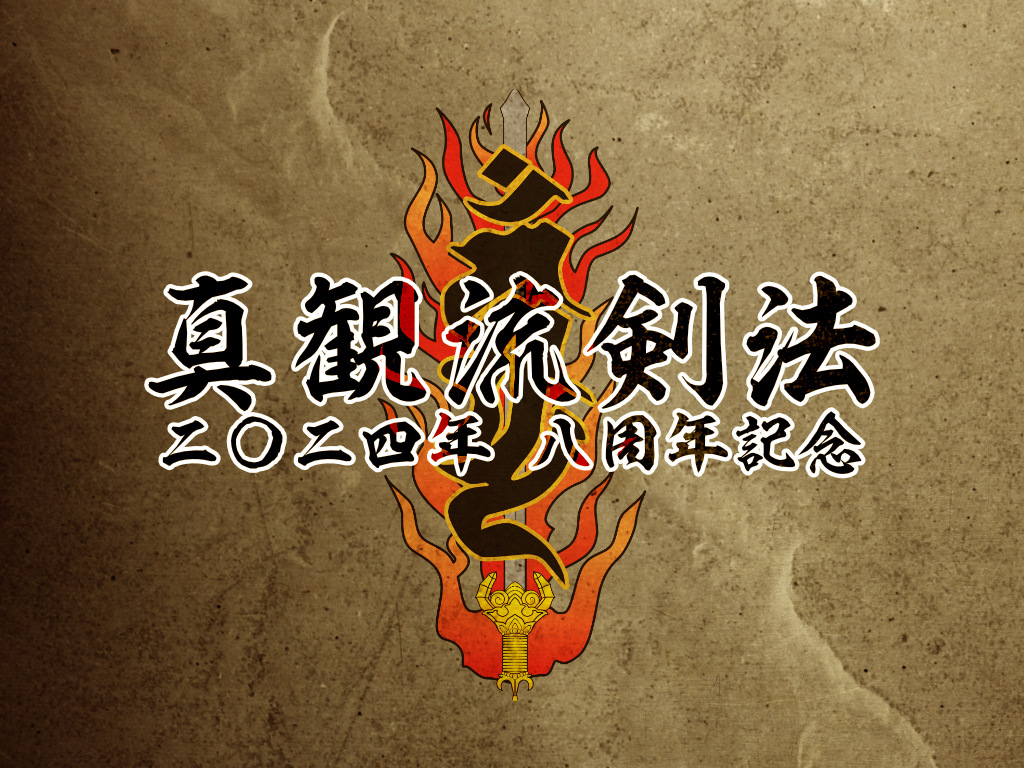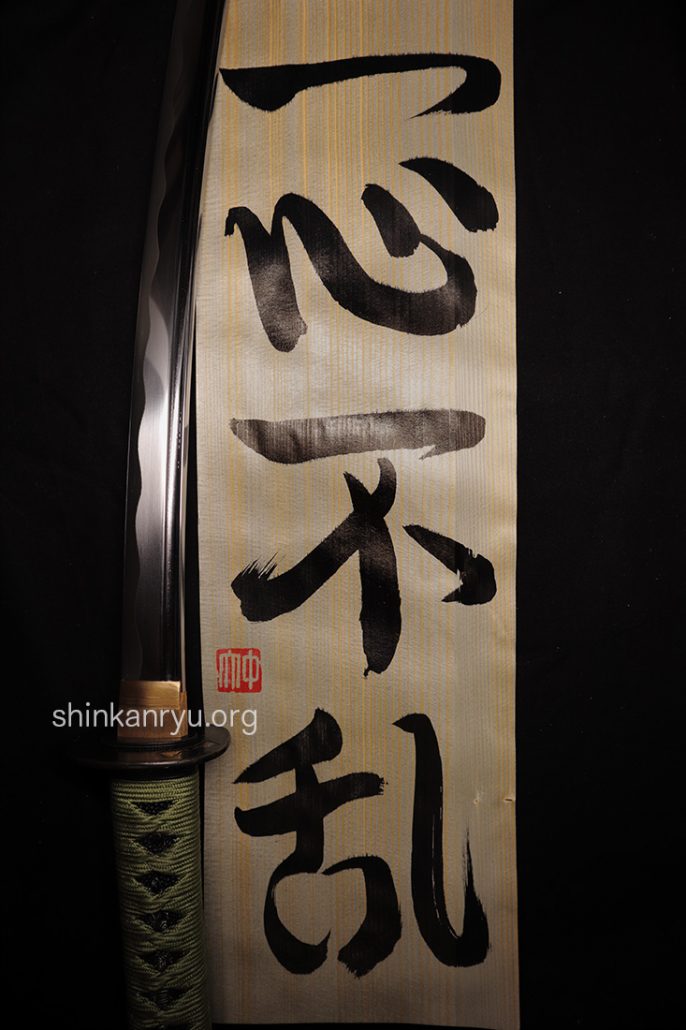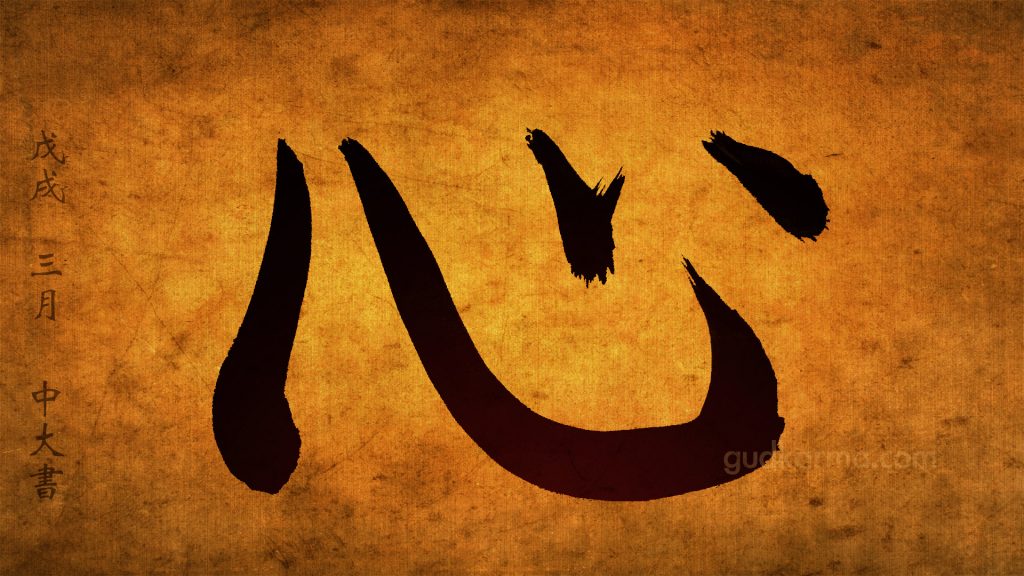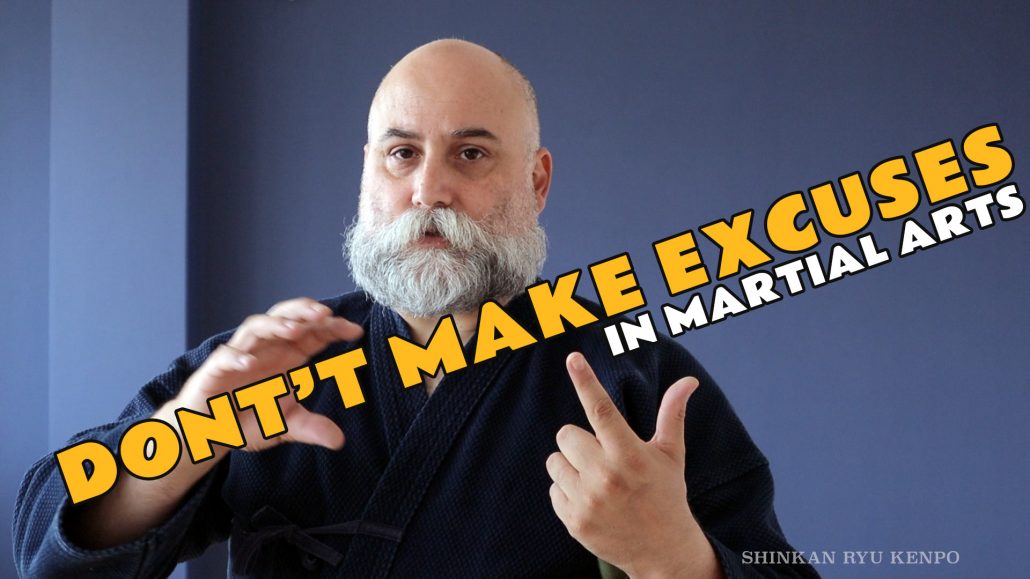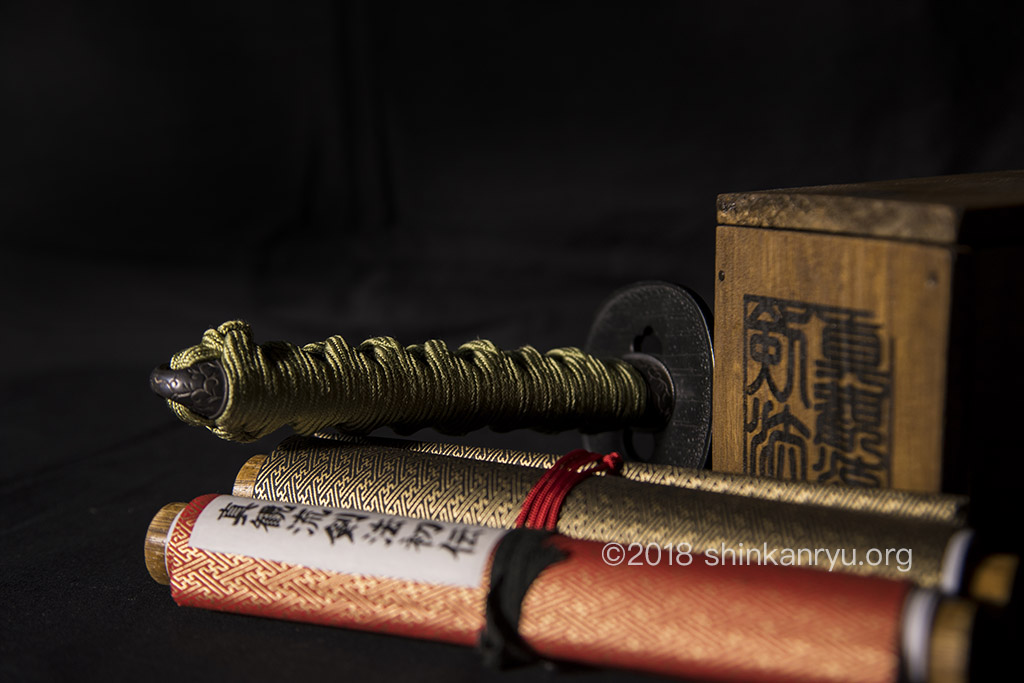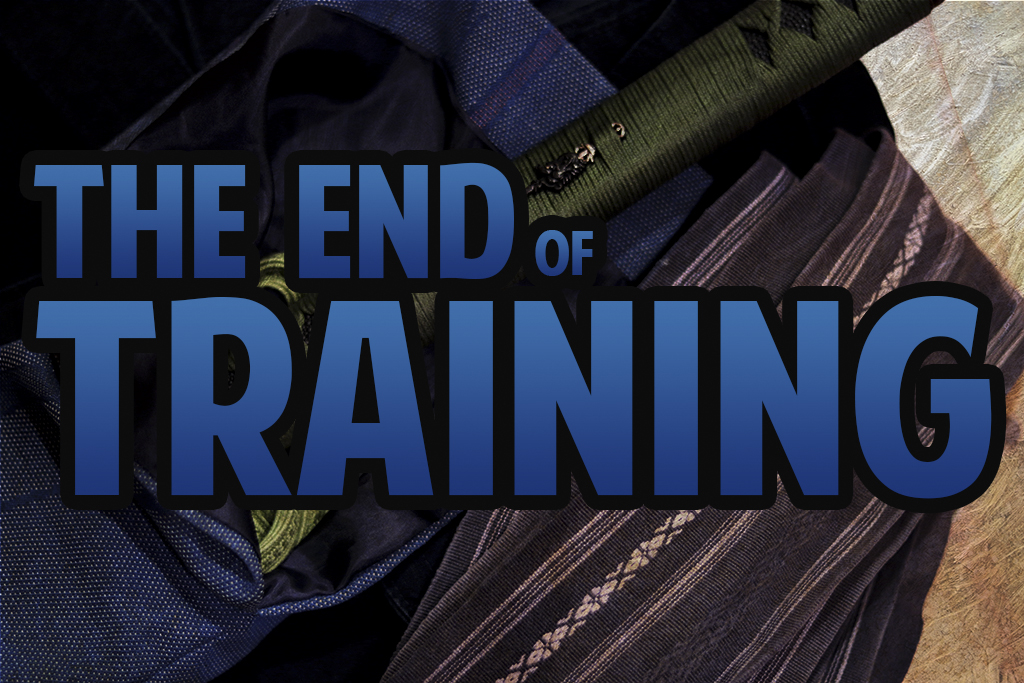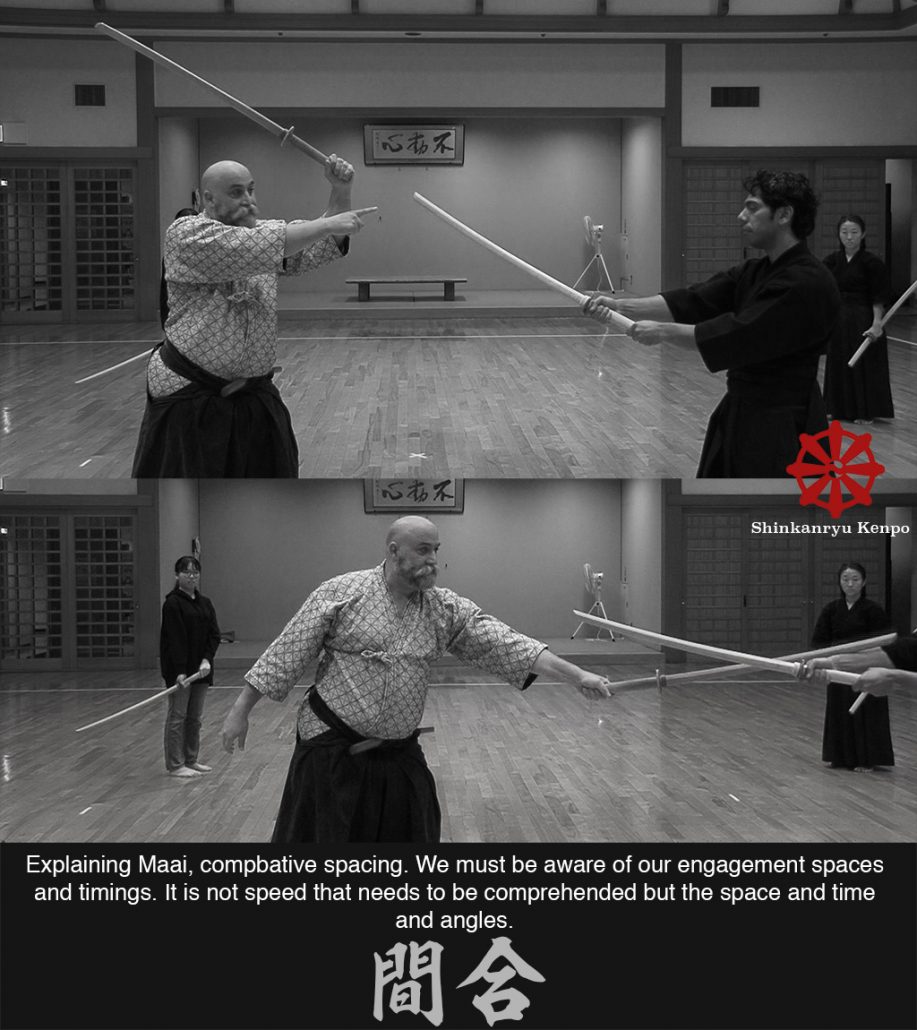Kamma is a Pali word meaning action. Specifically volitional action, a choice or decision made by your own will. It is also known as Karma in Sanskrit. I will be using the spelling in Pali.
Kamma is not a mystical word and doesn't concern forces outside of ourselves. Kamma isn't something directed or controlled by a god or deity. It is, quite only, our intentional actions. Kamma is about what we choose to do. It is not about the subconscious and involuntary actions. It is only about volitional actions.
Where is kamma born?
Where does it come from? Kamma is generated from our minds. In the Dhammapada, the Buddha said, "The mind is the forerunner of all things. Act or speak with a defiled state of mind, and suffering will follow. As surely, the cartwheel follows the foot of the ox."
That is a statement about our kamma and our volitional action.
What are the aspects of kamma?
We have three foundational aspects; mental, physical, and verbal.
As you can probably surmise, the physical and verbal originate from the mind. Physical acts that are not wholesome contribute to bad kamma. For example, fighting, physical abuse, sexual misconduct, and even a tap on the back might be done from a not so pure reason. These are physical manifestations stemming from the poor mental judgment. It is the unwholesome state of mind that causes the physical actions that have bad kammic results.
Speech produces kamma. We have harsh speech and malicious speech that also contribute to bad kammic results. From the Mangala sutta, the Buddha expounds on various blessings or wholesome things in life. He says that whatever utterance is well-spoken, this is the blessing supreme. Speech is the easiest way to slip up. How often have we allowed ourselves to speak harshly or carelessly and caused problems?
Most people can control their physical. I find the speech is effortless to transgress with all the texting and emailing in our modern culture. The wrong word and tone can slip out and hurt or offend easily.
What kind of kamma are we generating with our verbal and physical actions?
Finally, there is the mental aspect, which is the root of the three.
What thoughts exist, and what kamma are we making now?
When we don't agree with someone, what is our first thought? Is it malicious? Is it demeaning? Is it inappropriate or offensive?
We can't always fully see the repercussions of our kamma. If we can see clearly within our minds, maybe we would be more chaste with our actions.
Actions have results. It isn't any kind of revelation or a new lesson. We learn from early on that actions have consequences. We become so engrossed in our happiness and wellbeing that we tend to let our actions become a source of suffering for others, and in turn, ourselves.
Kamma Control
It is through the repeated reflection of our actions that we can cultivate skillful behavior and reduce bad kamma. There are chances when we can gain wisdom from and gain skillful knowledge. Before you perform some action, you should consider if it is wholesome or conducive to the suffering of yourself or others. While performing actions, we should think about whether it is wholesome or leads to the plight of yourself or others. Hafter performing some action, we should reflect on it and think about its effects as well.
There are three primary roots that are causing the bad kamma to grow; avijja- ignorance, not understanding the truth: tanha- which is greed or desire: virodha- which is anger and hatred.
Ignorance, craving, and anger are the three seeds. They are the fundamental elements we much try to root out. Like weeds in the garden, they must be eradicated. This is a long process. It doesn't happen overnight. It requires a lot of diligent work. We are the masters of our kamma. Everyone has their own kamma. We cant change someone's own kamma.
We must focus on ourselves and contemplate the three opportunities when they present themselves.
We should never wish someone to experience bad kamma etc.
Wishing for that is part of the seed of anger.
We must purify our acts of body, speech, and mind. The goal is to be the best we can. It is not about being perfect or saintly. It is, however, about trying.
Conditions that would bring you better kamma would be generosity,
loving-kindness and wisdom.
These are antidotes that will help.
Remember, kamma is not a mystical force. It has nothing to do with gods or past lives. What you think of as bad luck, a crappy childhood, string of bad dates, jerky manager at work, they can not be ascribed to kamma.
Kamma is something you can control. Look at how your mind works. Attend to your mind before, during, and after. Is it peaceful and friendly or filled with hatred or narrow mindedness? We need more loving-kindness and wisdom. We should, as martial artists, try to understand ourselves and each other better. Governing our thinking, speech, and physical actions are paramount.

ラジカスキー真照
館長Saneteru Radzikowski is the head sword instructor of Shinkan-ryū Kenpō. He lives and teaches Iaijutsu and Kenjutsu from Nara, Japan.
Martial Arts and The Path: Strive for the truth
If you study the way and path 道, then you should understand the truth correctly....
What does Bugei mean?
Bugei translates as Martial art, Military arts, or Arts of war. Bu 武 means warrior...
Ken Zen Ichi Nyo Sword & Zen Are One
剣禅一如 The sword and zen are one. The mind of zen is an important consideration...
Bujutsu Thoughts
Training in iaijutsu (or any bujutsu) means doing the same thing over and over and...
Are Combat Skill, Self Defense & Martial Art The Same?
Why make the distinction between martial art and combat skill? I believe that combat skills...
Dominando las Artes Marciales y las Bases
Hablaré acerca de bases y dominio. Antes de comenzar, quiero decir que usaré la palabra...
On being human and a martial artist
It is difficult to wind through the brambles and thorns of life. It is impossible...
Iaijutsu Iaido Sword Timing Lesson
Timing while training alone is an important aspect to keep alive and well in the...
What is true budo?
Studying the arts of fighting leads to peace. The pursuit of martial arts has one...
Martial Arts Creator Origin Myths of Japan
Japanese Koryū Creator myths; becoming enlightened and making up a whole martial arts system. Some...
Mitorigeiko Special Practice
Present and switched on The method of critically watching practice is commonly referred to as...
Respect is a two way street in martial arts
Respect is a two-way street, however, how many people are driving recklessly? “If you want...
Estás Involucrado en un Culto de Artes Marciales?
Recientemente tuve una conversación con alguien que se refirió a su escuela como una genuina...
What is Koryū?
Japanese martial arts are usually defined in two groups. Pre-modern and modern. There are no...
The Point of Iaido & Tame
Pardon the pun, but the point of iaido is important to keep. When we practice...
Mushin State of No Mind In Martial Arts
I would like to express my thoughts on the concept of mushin no shin —...
Samurai F.A.Q
Are samurai still trained in Japan? Are there samurai schools? The short answer is, No.Samurai...
I Am A Lazy Martial Artist
There is a saying, “You get out of it what you put into it.” It...
Kata: Classical Japanese Samurai Training Method
Bujutsu Kata Training in martial arts can be done in different ways. One of the...
Bujutsu Centering
When practicing bujutsu we should always work on being centered. For non-practitioners, it is also...
The Samurai and unwavering loyalty
The Samurai have been portrayed in popular culture as noble and faithful warriors who strictly...
Equanimity Of A Bushi
Under the big blue sky, Walk with purpose. せいしょうにへいほうす。青空をすたすた歩く。 Move towards your difficulties (or life...
What does Budō mean?
I’d like to discuss briefly discuss what Budo or Bujutsu means. I’m not a scholar...
Impermanence, The Mind, and the Truth
After every meditation session my teacher, with his eyes still closed, would softly speak in...
How to learn kenjutsu?
How to learn kenjutsu? Learning anything as profound as a martial art needs a teacher....
Playing With Sharp Swords
I have been saying it’s important to get training for using a sharp sword or...
Mitorigeiko Special Practice
Present and switched on The method of critically watching practice is commonly referred to as...
Bujutsu Centering
When practicing bujutsu we should always work on being centered. For non-practitioners, it is also...
Pain & Training In The Martial Arts
Pain & Training Pain is a universal dilemma. Especially for those in sports or martial...
Forge Yourself Through True Budo
You can jump and twirl around and whip about your sword as quick as you...
Honesty and the Martial Arts Hermit. Being a good budō teacher and student.
When people want to find a martial arts teacher, do they often think of mister...
Budō Practice Is Everywhere
Practicing without many excuses not to is a good practice.
Happy Setsubun
鬼は外! 福は内! In our house we dont use beans to chase out the demons, we...
Attachment, Budo & Impermanence
It is worth a lot to be mindful of the ebb and flow of all...
Striking with the Katana: What is the Monouchi?
https://youtu.be/pXpzSBLGkbI
正月 Bujutsu New Years 2019
To all of you that have supported and also those that have caused trouble to...
7 Year Anniversary of Online and In-person Sword Learning
Today marks a significant milestone in our journey — the 7th Anniversary of Shinkan-ryu Kenpo!...
Reflections on 31 Years of Martial Arts and 8 Years of Shinkan-ryū Kenpō
不動心 (Fudōshin) – The Immovable Mind As I mark 31 years of practicing martial arts...
Bujutsu Thoughts Issin-furan
[fusion_builder_container hundred_percent="no" hundred_percent_height="no" hundred_percent_height_scroll="no" hundred_percent_height_center_content="yes" equal_height_columns="no" menu_anchor="" hide_on_mobile="small-visibility,medium-visibility,large-visibility" status="published" publish_date="" class="" id="" background_color="" background_image="" background_position="center...
The Martial Arts Heart
Budo values reflection and compassion. When these are not present it is hard to develop...
Making Excuses In Martial Arts
In the dojo, when I hear a student offer excuses to a teacher, I can...
Budo Thoughts
There are techniques and scrolls and teachings all over the dojo. What does it matter...
The End of Training & Boredom In Martial Arts
Budō Is Limitless When does training end? When do we become a master? The short...
Maai; Combative Space-timing
Teaching maai 間合い, the ideas of combative spacing and timing intervals in kenjutsu.


